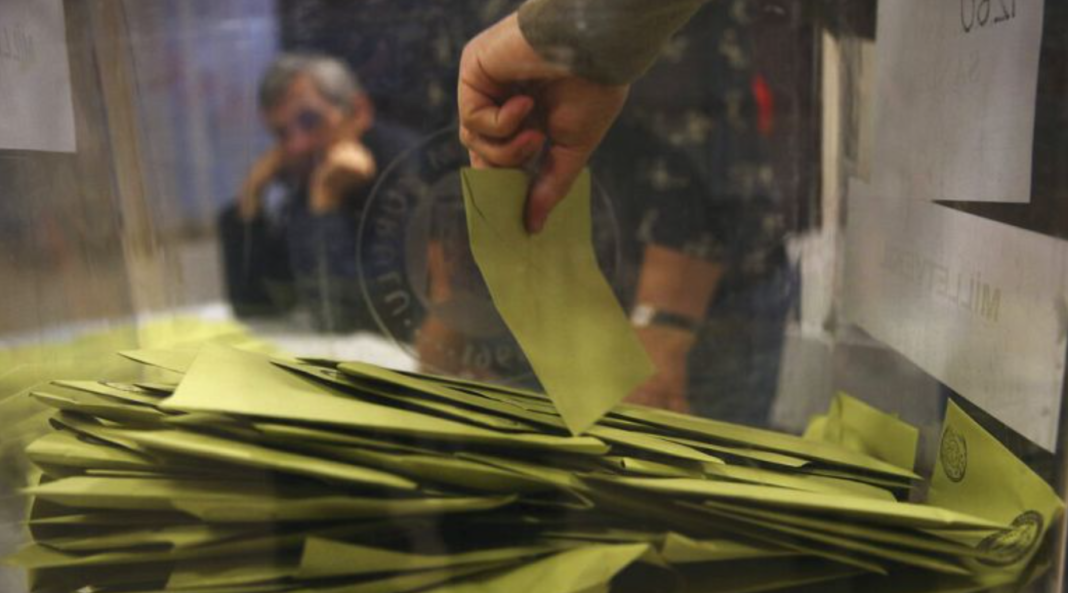« President Erdoğan quashes speculation poll might be postponed in face of criticism of government response to earthquake » reports Adam Samson in Financial Times on Mars 1, 2023.
Turkey will hold elections in mid-May, President Recep Tayyip Erdoğan said on Wednesday, setting the stage for a fierce battle between the country’s longtime leader and opposition parties in the wake of last month’s devastating earthquake.
In a speech to lawmakers from his Justice and Development party (AKP), Erdoğan said he planned to hold presidential and parliamentary elections on May 14, the date he had chosen before the February 6 earthquake that killed more than 50,000 people in Turkey and neighbouring Syria.
“This nation will do what is necessary on May 14,” Erdoğan said, quashing speculation that the government might postpone the poll in the face of criticism of its handling of the disaster and because of the logistical challenge of collecting votes in the devastated areas.
The earthquake ravaged a vast area in southern Turkey, leaving around 1.25mn people homeless, according to the World Bank. Erdoğan’s government has been criticised over rules that were put in place ahead of the 2018 election that forgave shoddy building work. Even before the earthquake, Erdoğan was waging his toughest election campaign in two decades in power as a cost of living crisis eroded his support.
At the weekend, fans of two leading Istanbul football clubs Fenerbahçe and Beşiktaş chanted anti-government slogans in a striking public rebuke. In response, the provincial government has banned Fenerbahçe fans from attending an away game this weekend in the central city of Kayseri. Fenerbahçe called the decision “unacceptable”.
Opposition parties have latched on to the rising discontent, with Kemal Kılıçdaroğlu, leader of the Republican People’s party, saying in the immediate aftermath of the earthquake that Erdoğan was responsible for the immense scale of the catastrophe.
In addition to the loss of life, there was some $34bn in damage to homes, hospitals, schools and public infrastructure, according to the World Bank. Many analysts said the damage was significantly worse because of insufficient compliance with building regulations.
A coalition of half a dozen opposition parties, known as the “table of six”, is due to meet on Thursday. The Good party, one of the coalition members, said the group would be choosing a presidential candidate at the meeting — although analysts are unsure as to whether they will announce it publicly. Kılıçdaroğlu is one of the leading presidential contenders, along with Ekrem İmamoğlu and Mansur Yavaş, the mayors of Istanbul and Ankara, respectively.
There have been few public polls since the earthquake, but a person who had been briefed on a nationwide private survey said the disaster had so far had a relatively muted effect on opinion polls.
The ruling AKP party sagged in the polls for a long period in 2021 and 2022 as potential voters panned the government’s economic policies, which economists say have exacerbated Turkey’s inflation problem.
Consumer price growth peaked at an annual pace of above 85 per cent in October. Sentiment had started improving late in 2022 after Erdoğan unveiled a series of measures to address the cost of living crisis, including a rise in the minimum wage. But that has since petered out, according to the private polling, suggesting there will be a tight campaign ahead.

